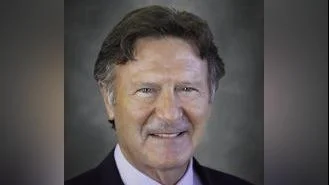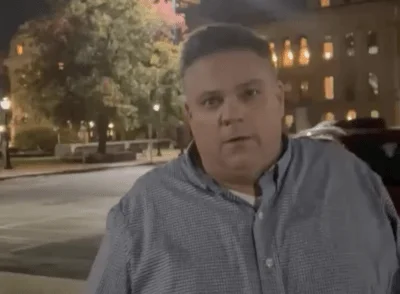Chris Miller, State Representative for Illinois | Facebook
Chris Miller, State Representative for Illinois | Facebook
Chris Miller, a State Representative from Illinois, has emphasized that public attention should focus on new taxes and concerns regarding resistance to federal law enforcement. This statement was made on Facebook.
"Welch is a gaslighting the media and everyone in our state," said Chris G. Miller, according to Facebook. "$11 Billion in new taxes for Illinois citizens is what we should be talking about. The pro-criminal party is pushing back against federal authorities for enforcing current laws, but they are only making fools of themselves for supporting criminal illegals."
According to Capitol News Illinois, the tax-policy landscape in Illinois has become more intense as the state faces structural budget deficits, declining corporate tax revenues, and pressure from federal tax changes. Lawmakers recently approved legislation to "decouple" some state business tax rules from the federal code to address revenue gaps. This reflects a broader debate on whether to raise taxes, cut services, or restructure fiscal priorities.
The fiscal year 2026 budget for Illinois projects revenues of approximately $55.3 billion, including around $482 million in new tax hikes despite record-level revenues. According to Illinois Policy, the per-resident tax burden has increased by $1,237 since 2019.
As reported by the Tax Foundation via Illinois Policy, Illinois' effective state-and-local tax burden rose from about 11.2% of gross state product in 2019 to 12.9% in 2022. This makes it the seventh-highest in the nation and the highest in the Midwest, indicating one of the fastest-growing tax burdens among states.
Miller is a Republican member of the Illinois House of Representatives who has served since January 2019 representing the 101st District. His official profile notes his background as a farmer and his committee assignments include Energy & Environment and Economic Opportunity & Equity. His legislative focus emphasizes rural-area issues, business regulation, and tax policy.






 Alerts Sign-up
Alerts Sign-up